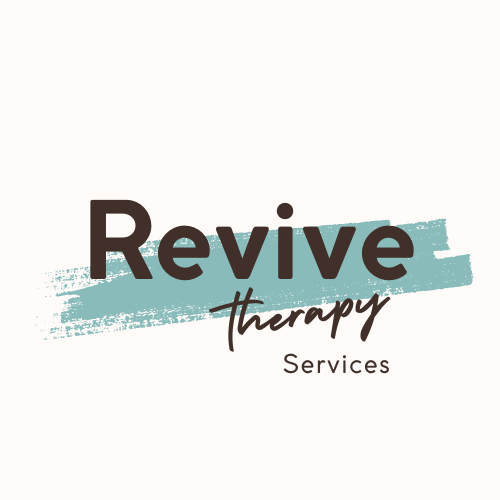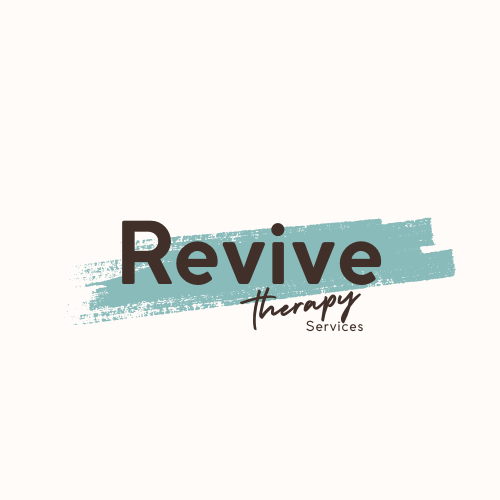Cognitive Flexibility: The Key to Overcoming Cognitive Rigidity Through Eating Disorder Treatment
Cognitive flexibility is pertinent to the ability to make changes within ourselves. It’s needed for big-picture thinking, as it allows us to redirect our behaviors and thoughts. When a person possesses or develops cognitive flexibility, it allows them to change their beliefs, mindset, and perception of self, others, and the world. On the other side of the spectrum, cognitive rigidity is the complete opposite but has its pros as well. A person with cognitive rigidity values structure/order, high attention to detail, intense focus, goal-oriented, and is firm with boundaries. However, it also creates black-and-white thinking, inability to adapt, panic in times of change or disorder, one-directional thinking, a lack of big-picture thinking, and prevents growth/change. Cognitive rigidity can be seen in people who struggle with OCD, GAD, trauma, and eating disorders (particularly anorexia nervosa).
Cognitive flexibility allows for a new experience of life.
More often than not, eating disorders are a result of trauma. People with anorexia nervosa (AN) typically come from highly rigid households/upbringings, are sexual assault/abuse survivors, or have other traumatic experiences in which they lost autonomy and control. The restrictive behaviors found in AN are coping mechanisms. Part of the obsession around food and calories is a subconscious method of avoiding what’s really there. Rigid thinking patterns center around calorie counting, checking weight and body measurements repeatedly, achieving perfect scores within academic success, overachieving in their profession, extensive routines, structured days, and concealing their internal world. If any of these stray from the envisioned course, the nervous system becomes dysregulated. This shows up as panic and overcompensating for any goals that fell short of the goal. For example, a woman weighs herself and sees she gained 2 lbs which pushes her into a spiral. Restriction with calories and over-exercising increases more than ever before.
Eating Disorders and Trauma Usually Go Hand in Hand.
The overlap with trauma coping is overachieving in academics and profession, extremely structured days, perfectionism, and concealing their internal world. The social aspect of trauma and AN includes keeping others at an emotional distance, self-isolation, staying away from crowds or too many stimuli, shame, hypervigilance, and inability to truly be present. Both possess a sensitive nervous system prone to dysregulation. One trigger can consume the rest of their day or even a week.
Cognitive rigidity decreases the likelihood of reframing, which is looking at an issue from different perspectives. Also, when cognitively wired this way, it can be challenging to separate thoughts from what is actually true and limiting the concept of multiple truths. Thoughts are not facts, and many things can be true at the same time or none of it be true. It comes down to two things: inability and unwillingness. Both come from a place of fear. Cognitive flexibility draws from a place of possibility and curiosity.
Working with a therapist will keep you on the right track when the temptation of comfort calls.
Accessing cognitive flexibility is through continuously engaging in new, uncomfortable behaviors. It is questioning our motives and default mindset. It is understanding our skills to protect ourselves are no longer functional and appropriate. Creating a new relationship with change will result in more acceptance and emotional availability with the self. This will look different for everyone depending on what their behaviors and fears are, which is why it’s important to work with a mental health professional. There are exercises that may seem silly, but having them explained, properly instructed, and followed up on will motivate and maintain a changed mindset. An example is if someone eats the same thing every single day because they are certain of the calorie count, then gradually change with different.
Begin Eating Disorder Treatment in Philadelphia, PA
Creating a more flexible mindset is much easier said than done. Our team of caring therapists can support you in overcoming cognitive rigidity. We are happy to offer support from our Philadelphia, PA-based practice and across the state. If you are ready to start your therapy journey, follow these simple steps:
Meet your eating disorder therapist
Start receiving the support you deserve.
Other Services Offered with Revive Therapy
Our team understands you may be experiencing a variety of mental health concerns in addition to eating disorder treatment. This is why we are happy to offer mental health support including PTSD treatment and trauma therapy, body image issues, binge eating, and more. We also offer support with EMDR therapy if you’re in need of more specialized care. Additionally, all services are offered via online therapy in Pennsylvania. When you’re ready for support. Feel free to visit our blog to learn more. Or, call now!




